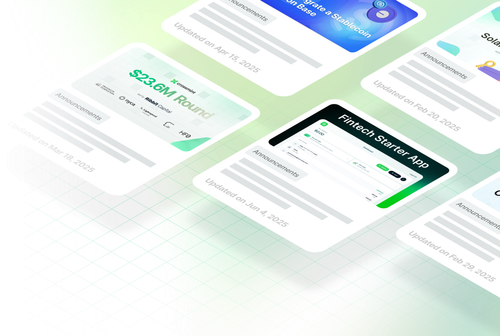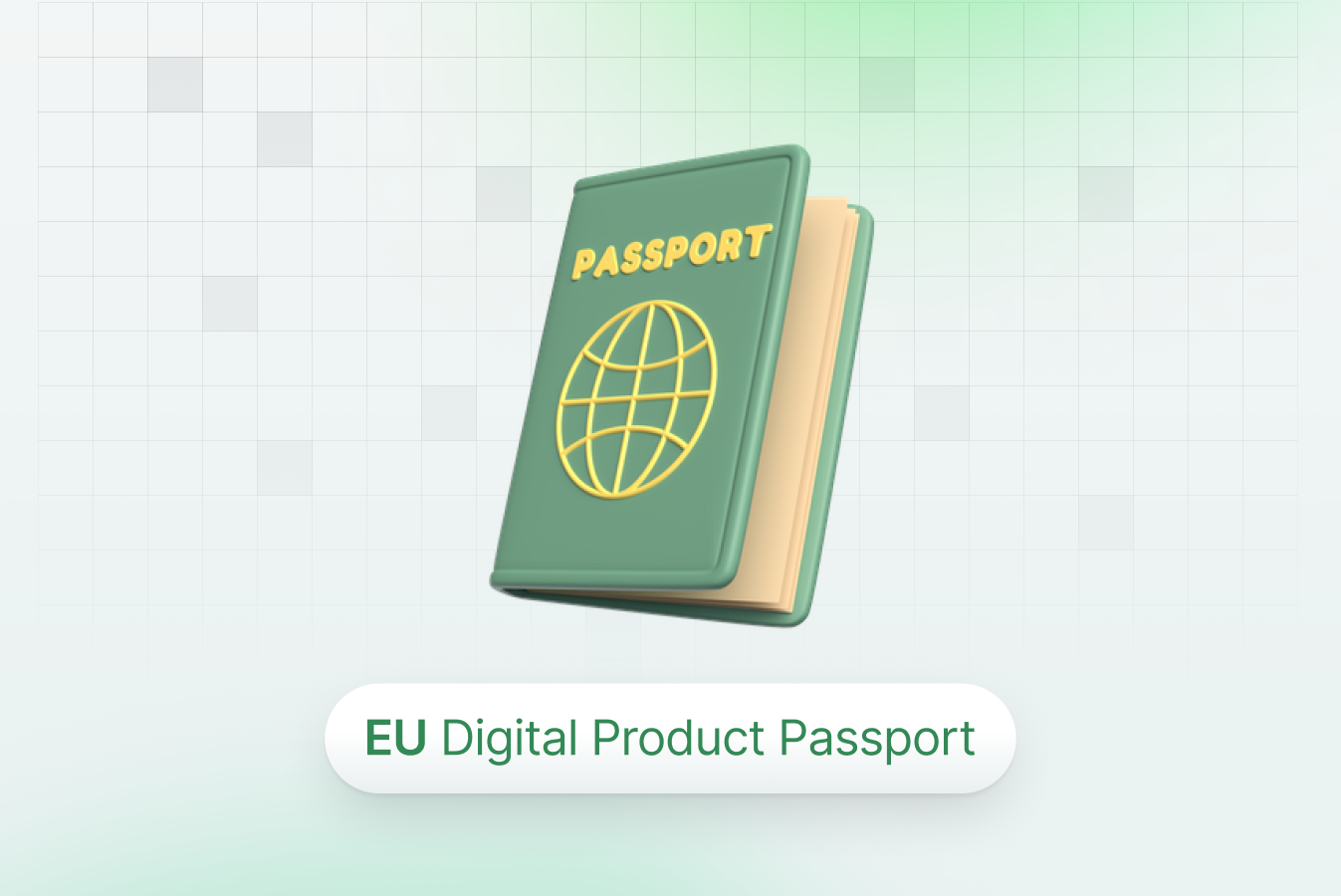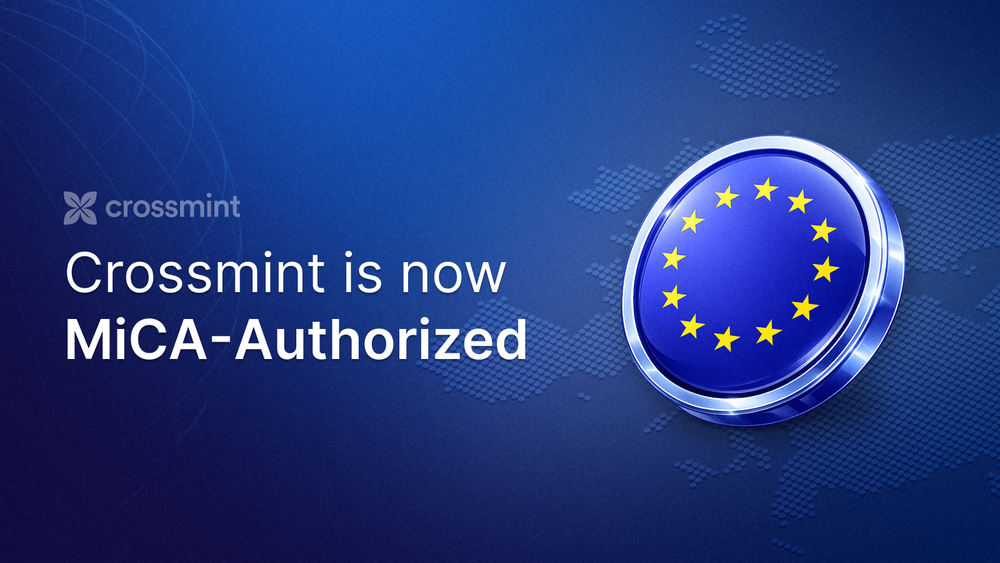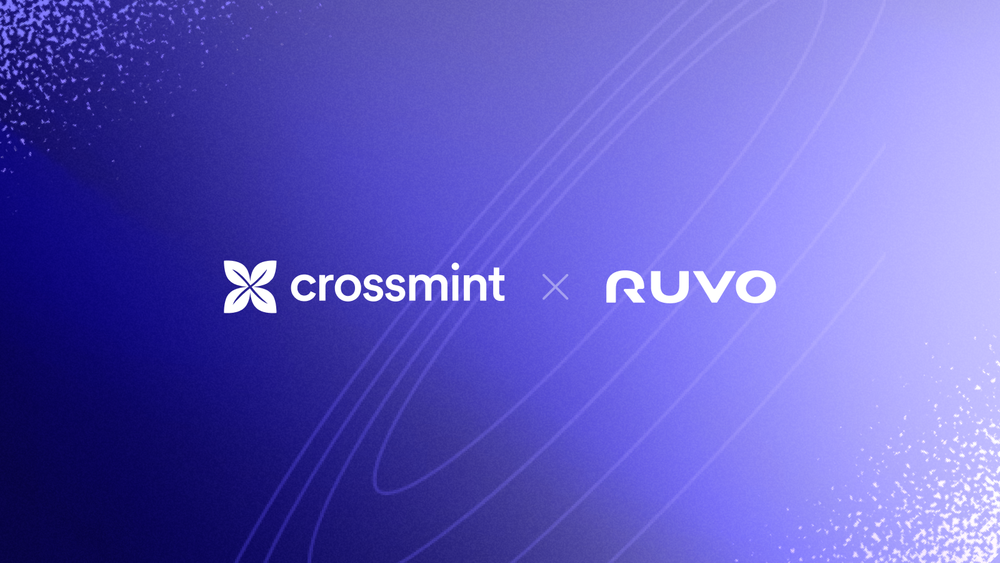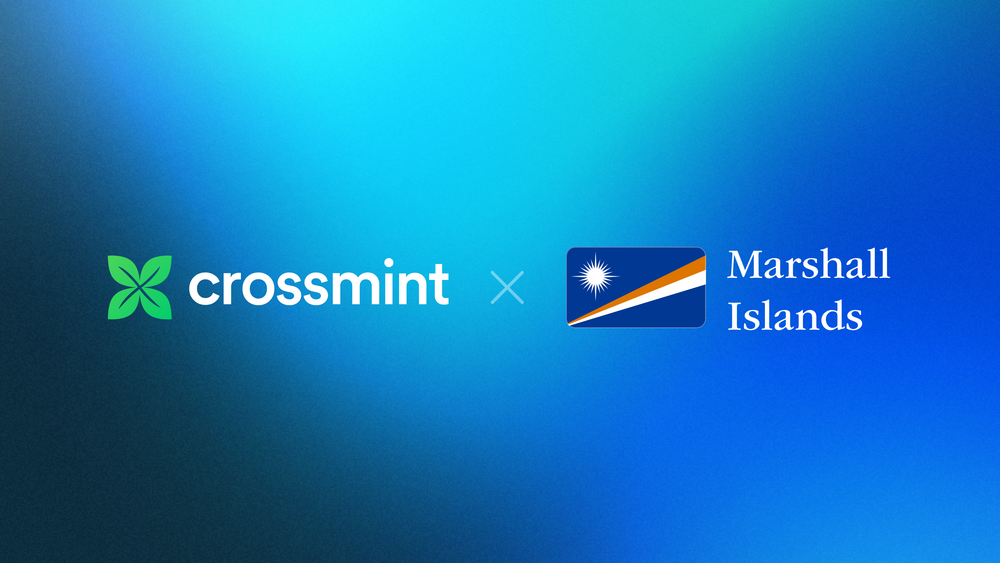Starting in 2024, the European Union is set to roll out the Digital Product Passport (DPP) - a regulatory initiative to promote sustainability. The DPP will mandate that products are accompanied with a “digital twin” - accessed through NFC chips, QR codes, or RFID tags embedded on the product - that tracks every phase of a product's life from manufacture to disposal.
DPP has implications for product manufacturers both within and outside the EU, while presenting interesting new applications for NFTs.
What is the Digital Product Passport?
Essentially, the DPP will serve as a mandatory transparency tool. It will document extensive data points across a product's lifecycle, including sourcing materials, manufacturing processes, and recycling options. This means that every step in the lifecycle of a product can be tracked and verified, which aligns with the EU's push towards a circular economy (what is known as the Circular Economy Action Plan - CEAP), with phased compliance expected by 2030, with some initiatives starting as early as 2026.
Why Does It Matter?
For businesses, adaptation is key. The DPP mandates a shift towards a more open business model — a clear nod to sustainable practices that could redefine market standards. Manufacturers and stakeholders across the globe, not just in the EU, will need to align with these new regulations by integrating comprehensive tracking systems into their workflows. And one of the biggest industries impacted will be retail products (e.g. clothing, toys, gadgets, etc.), which will need to include the DPP in all products shipped after 2030.
But what do NFTs have to do with this?
The DPP is a regulation which will need to be implemented through some means. At Crossmint, we believe that NFTs are a great way to meet DPP requirements, as NFTs unique to each product can be used to ensure data security, immutability, and transparency. NFTs are capable of empowering the DPP to reliably track the full lifecycle, origin and contents of the materials used in the production process, as well as verify that the disclosed information is real and legit.
In our experience at Crossmint we have seen clients who have started to explore the use of NFTs to track their product origin, materials and authenticity, such as H. Moser, McFarlane Toys or Maison Margiela.
Global Reach, Local Impact
Despite being an EU initiative, the DPP's implications are global. Companies outside the EU, but selling to EU consumers, will also need to comply. This wide-reaching impact underscores the EU's commitment to setting international standards for product sustainability and transparency.
Next steps
As we look towards implementation, industries from electronics to fashion are gearing up to adapt. The move towards DPP-compliance is not just about regulatory alignment but also about embracing a future where transparency is at the forefront of consumer consciousness.


